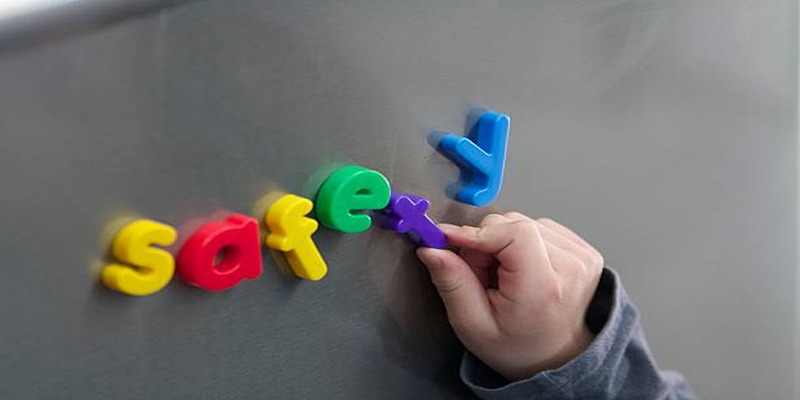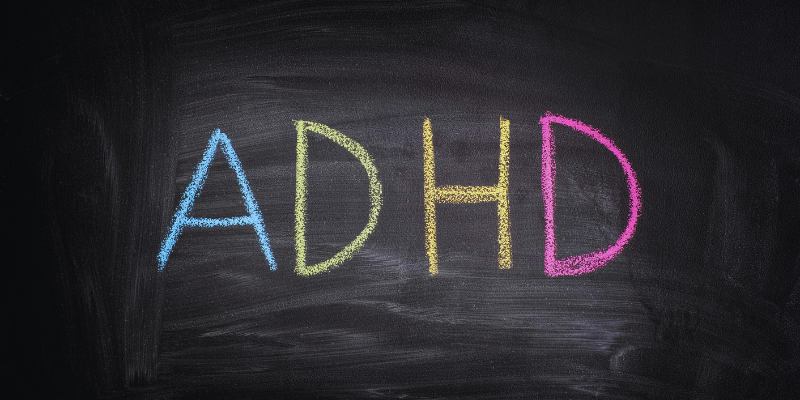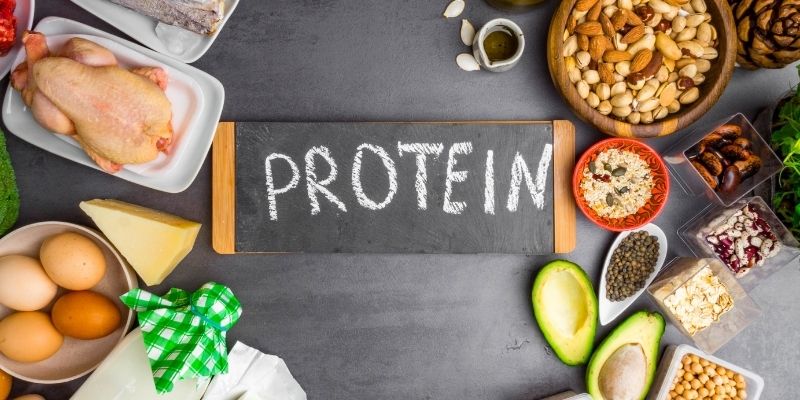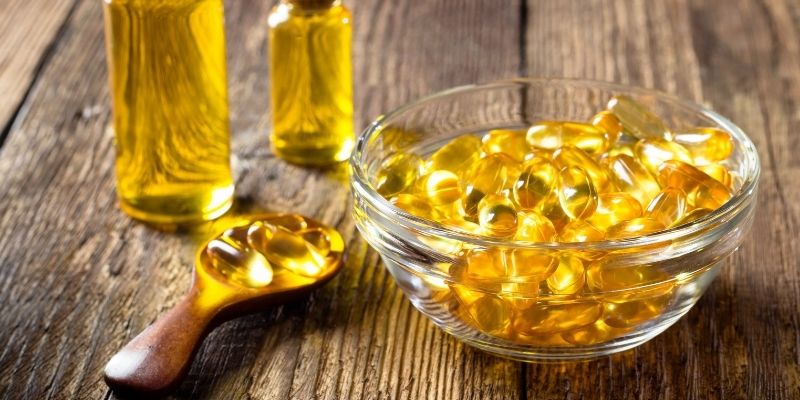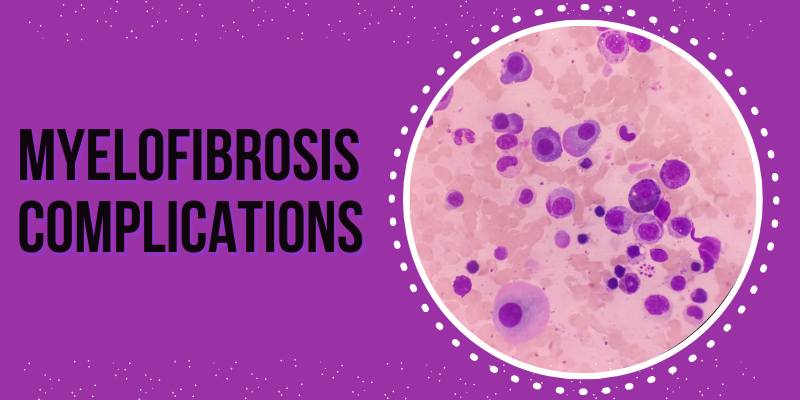Determining the Right Amount of Protein for Your Body
Protein is as vital as carbohydrates and lipids. Enzymes, hormones, cell growth, and immunity are produced by it. Your body must ingest amino acids from proteins. Protein is in all cells and essential for various biological activities, including muscle building. Age, gender, exercise, and health affect protein demands, making them difficult to calculate. Protein deficiencies may impair the immune system cause muscular loss, and fatigue. However, consuming too much protein, particularly animal protein, might be harmful. This article discusses protein functions, how much to drink, and the hazards of overeating.
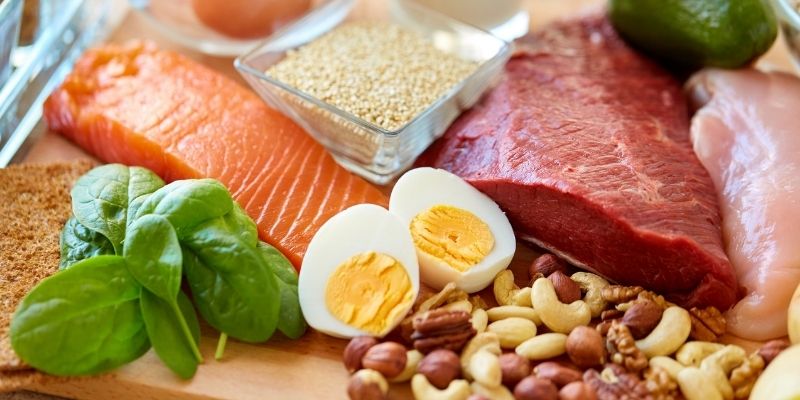
Why is it important to have protein?
Proteins are significant, complicated chemicals that give cells, tissues, and organs their shape, function, and control. Biomolecules like amino acids make up proteins. Nineteen of the twenty amino acids are necessary, meaning you must eat them. The body can make the rest of the amino acids. The body uses proteins for many things, including:
- Repair and growth: Protein is vital for building and repairing muscles. It helps muscles recover and grow back after doing a lot of strenuous exercise or strength training.
- Many enzymes are proteins that speed up biological processes in the body, like metabolism and nutrition.
- Immune System: Antibodies that fight diseases are made of proteins.
- There are a lot of hormones that are proteins or may be controlled by proteins. Proteins like insulin and growth hormones control how the body works.
- Proteins help cells and organs stay together, like skin, hair, and nails.
- Oxygen and other chemicals are carried through the blood by haemoglobin.
How Much Protein Do People Need?
Protein needs change based on age, gender, amount of exercise, and health goals. To determine what amount of protein a person needs, multiply their body weight by 0.8.
Man:
For a healthy adult man who works out moderately, the RDA for protein is 0.8 g/kg. A guy weighing 165 pounds (75 kg) needs 60 grams of protein daily. How much protein a man needs depends on how active he is, how much muscle he has, and his health needs.
Men who work out or lift weights might need more protein. The American College of Sports Medicine (ACSM) says that people who do a lot of serious muscle-building may need 1.2 to 2.0 g/kg of protein. A 75-kilogram man might need 90 to 150 grams of protein daily.
Woman:
The RDA for protein for adult women is 0.8 g/kg, which is a little less than that for men. A woman weighing 143 pounds (65 kg) needs 52 grams of protein daily. This meets basic needs for health and metabolism.
Just like men, women's protein needs change with age, amount of exercise, and goals. Women who work out or do power training should eat 1.2 to 2.0 g/kg of protein, the same amount as men. So, a 65-kilogram woman working out hard or building muscle might need 78 to 130 grams of protein daily. Protein needs go up during nursing.
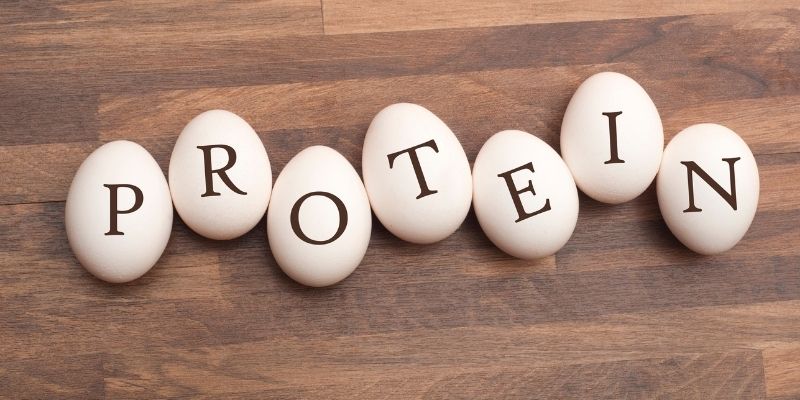
Benefits of Protein
Getting enough protein is good for your health and exercise. Here are a few critical benefits:
- Protein is needed to build and keep lean muscle mass in athletes, older people, and people trying to lose weight. It helps muscles recover and grow after a workout and stops them from breaking down.
- Satiety: Protein controls your appetite by making you feel full and less hungry. A protein-rich meal may help you keep your weight in check and stop overeating.
- Protein strongly affects thermogenesis, meaning it takes more energy to break down and use than fats or carbohydrates. A faster metabolism might help you lose fat and keep the weight off.
- Hormones like insulin, growth hormone, and thyroid hormones are made with the help of protein. Hormones affect metabolism, growth, and energy use.
- Better Bone Health: Contrary to what most people think, protein makes bones more substantial and dense, especially when combined with weight-bearing exercises.
- Proteins help make antibodies, enzymes, and other immunity cells that fight off sickness and illness. The defence system works better when you eat enough protein.
- Recovery from an Injury: Protein is needed to heal muscle after an illness, surgery, or injury.
Situations that make you need more protein:
The average person needs a certain amount of protein, but their needs may be higher depending on their habits. It includes:
- More physical activity: Endurance sports and strength coaches may need more protein to build and recover muscle. For hard workouts, you might need more protein.
- Protein is essential for the growth of the fetus, the development of breast tissue, and the production of milk during breastfeeding. Protein needs to rise to protect both mother and child.
- For older people, muscle strength may decrease with age. More protein can help keep your muscles healthy and avoid muscle loss. Seniors may need more protein to stay healthy, heal after surgery, or get sick.
- Protein helps keep lean muscle strength while allowing the body to lose fat, which helps people lose weight. Protein also makes you feel full, which keeps you from overeating or unhealthy snacks.
- Protein needs may increase in malnutrition, kidney disease, and metabolism issues. People with these disorders must talk to a doctor about how much protein they should eat.
- Bodybuilders and players trying to get stronger, more significant, or more durable need more protein to build muscle and heal after workouts. The amount varies depending on their skills and goals.
Is protein bad for your health?
Protein is essential for health, but too much may not suit you, especially from animal sources. Some problems could be:
- Overeating protein, especially from animal sources, can stress your kidneys. People with kidney problems should see a doctor before eating more protein.
- Diets that are high in protein and low in fibre may cause constipation, bloating, and gas.
- If you focus too much on protein and not enough on carbs and fats, you might end up with nutrient ratios and gaps. A healthy meal has all three macronutrients in the right amounts.
- Heart disease is more likely to happen if you eat a lot of animal foods, especially red and processed meats. You should eat heart-healthy foods like legumes, nuts, and seeds for protein balance.
Conclusion
Protein is essential for overall health, muscle growth, and our body's work. Protein needs change based on age, gender, level of exercise, and health goals. Athletes, older people and active people may need more than 0.8 grams per kilogram of body weight. Animal and plant protein suits your muscles, digestion, and immune system. However, too much protein, especially from animal sources, can stress the kidneys and lead to long-term diseases. For the best health, ensure protein is part of a well-balanced meal that meets all your nutritional needs.

